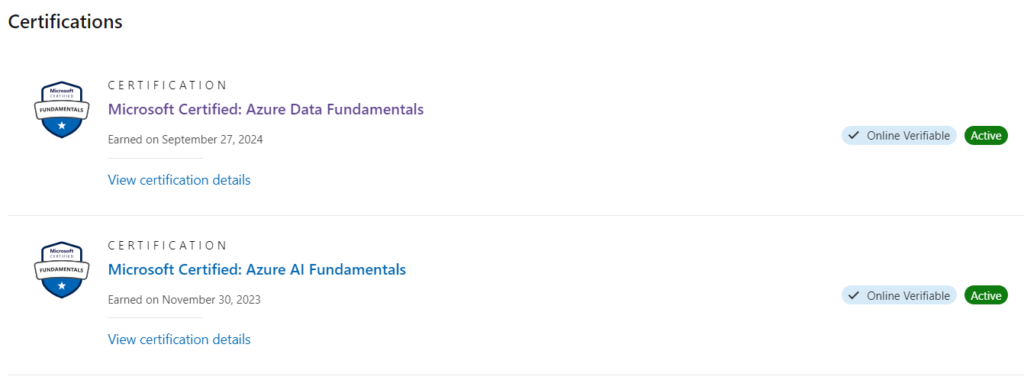From Pharmacy to Data Analytics
Critical Reflection on Continuous Learning:
During my undergraduate studies in pharmacy, my learning focused on memorizing medicines and pharmacological concepts. The approach relied heavily on lecturer-provided materials and textbook learning, with little need for independent research. My study style was mostly rote learning, and I seldom explored additional resources beyond what was needed for exams. However, my transition to a Master’s degree in IT (Data Analytics) required a significant change in both learning strategy and skill development.
In the postgraduate program, I was introduced to new areas like programming, MySQL databases, data visualization, and analytics workflows. The coursework’s fast pace required me to self-learn and seek additional resources, developing my ability to focus on key concepts and complete tasks efficiently using assignment rubrics as a guide. This shift toward self-directed learning has become crucial for success, as continuous learning is essential in data analytics.
I also improved my ability to manage online teamwork using Microsoft Teams. Group projects helped me coordinate tasks and communicate remotely, teaching me how to stay organized and productive across different settings. This skill will be invaluable in future roles, where virtual collaboration is increasingly common.
Two critical transferable skills in the workplace:
Skill 1: Understanding How the Business Works
During my internship at Gold Coast Health, I learned that technical proficiency alone is not enough—data analysis must align with real-world business contexts. I had to understand the hospital’s workflow, including patient referrals and service challenges, to produce meaningful insights. This experience reinforced the importance of domain knowledge in healthcare analytics. Moving forward, I will continue to deepen my understanding of healthcare operations to ensure that my analyses support operational goals.
Skill 2: Communication
Clear communication was essential during my internship. I worked with a multidisciplinary team, translating complex data into accessible insights. I adjusted my communication style to meet the needs of non-technical stakeholders and fostered a positive environment that encouraged questions and collaboration. These experiences have strengthened my ability to convey ideas clearly and build strong professional relationships.
Conclusion: Continuous Learning and Future Success
My shift from memorization-based learning in pharmacy to conceptual learning and self-directed research in IT has transformed my approach to challenges. The skills I developed—business understanding, online teamwork, and communication—are crucial for my career as a healthcare data analyst. I am committed to continuous learning, refining my skills, and staying updated on industry trends to make meaningful contributions to the healthcare sector.
